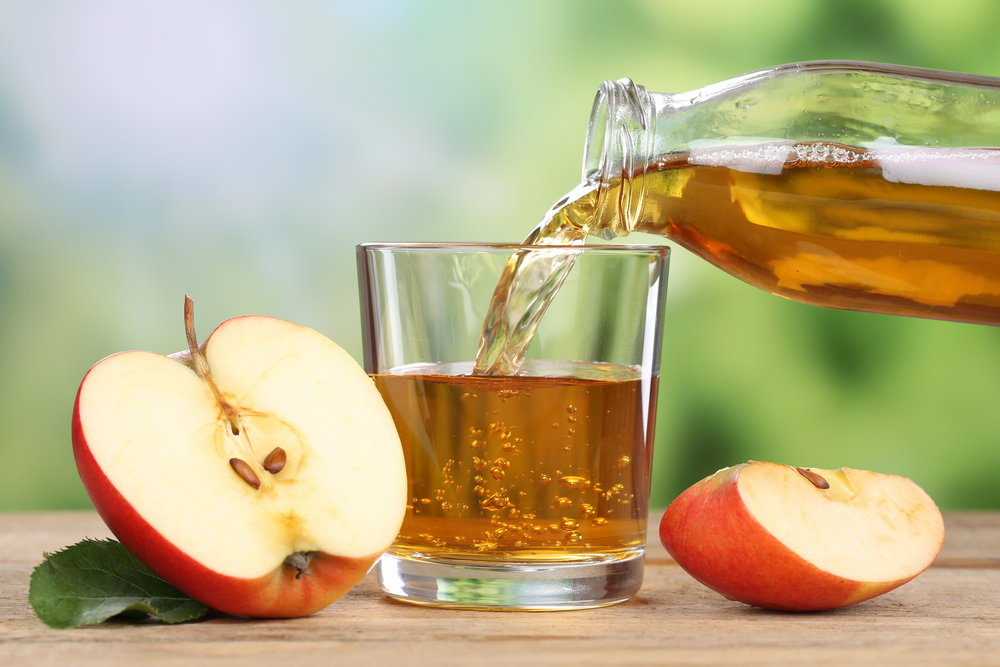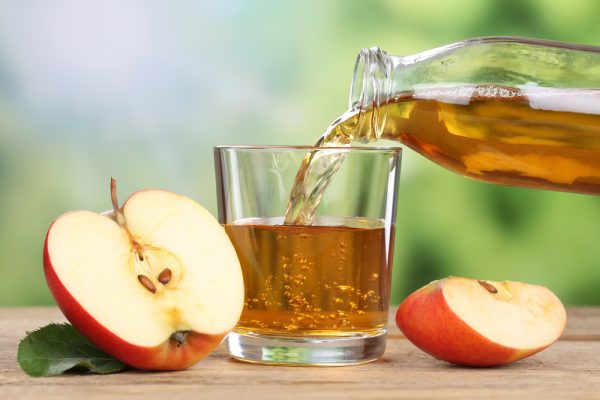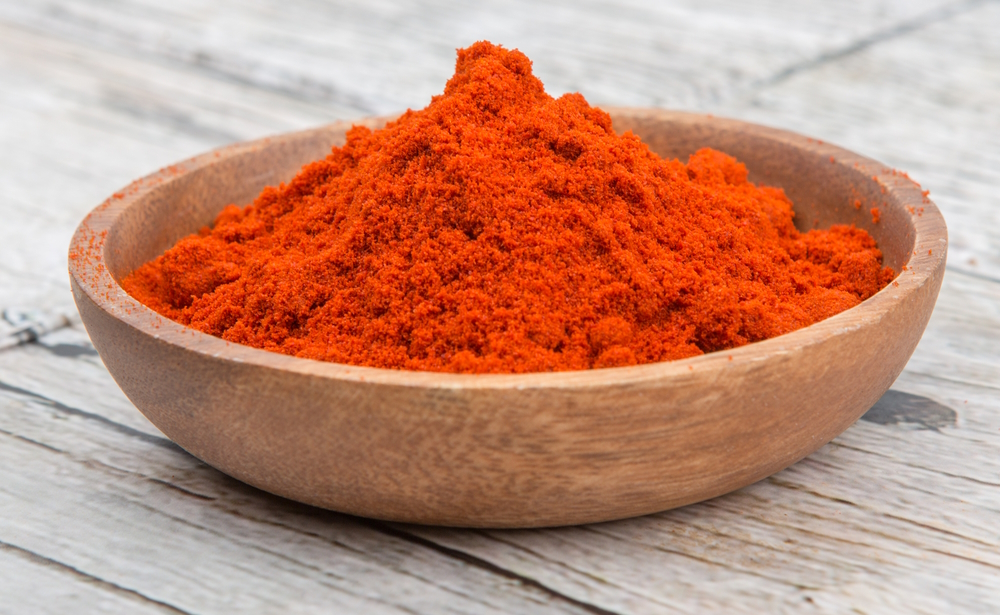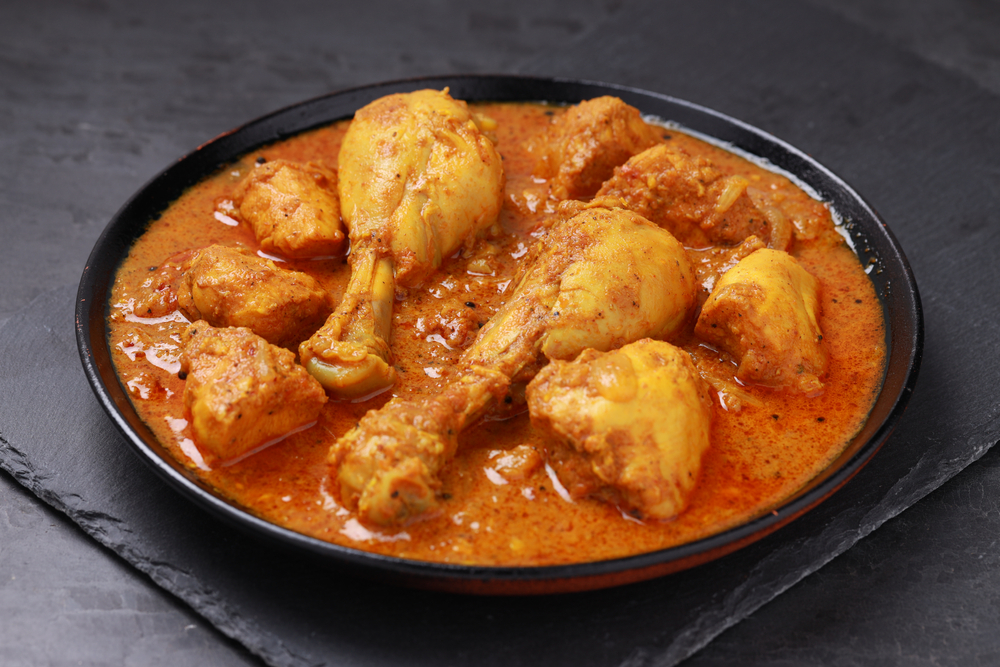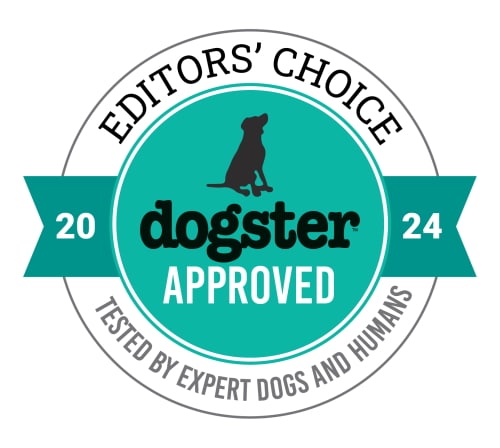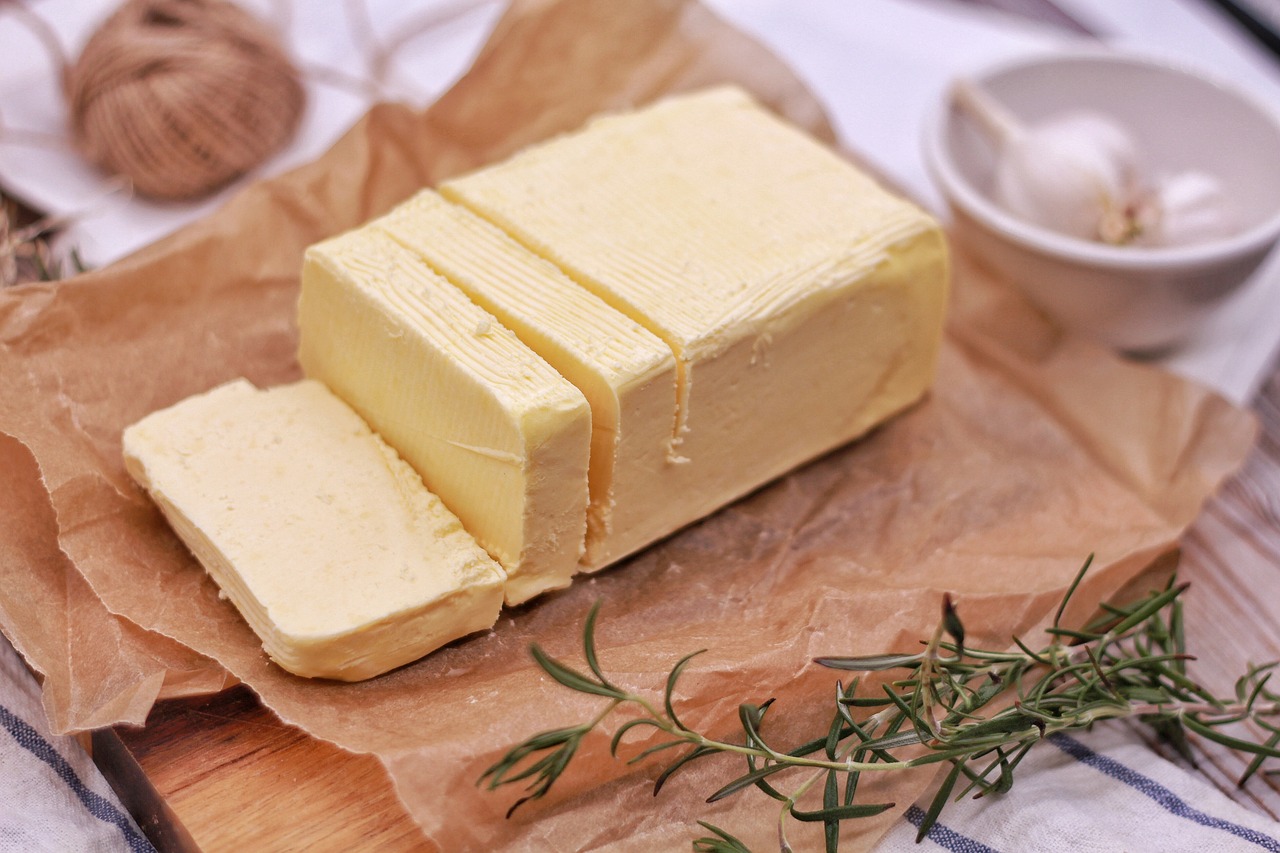Click to Skip Ahead
Dogs can enjoy many different kinds of fruit, and apples are among the most popular fruits to give to them. While most dogs are perfectly content with eating apple slices, they can also eat different forms of apples, including applesauce and dehydrated apples without added sugar. However, when it comes to apple juice, it’s best to avoid feeding it to your dog. Apple juice doesn’t usually contain ingredients that are toxic to dogs, but it’s not very nutritious either.
Regularly feeding your dog apple juice can also put your dog at risk of developing health issues. Therefore, it’s best to give your dog healthier options and refrain from feeding them sugary foods that contain little to no nutritional value. As with any new food, make sure to consult your veterinarian before adding apples to your dog’s diet, especially if your dog has chronic health issues or is taking medication or eating a special diet.
Why Shouldn’t Dogs Drink Apple Juice?
In most cases, apple juice isn’t a good option for dogs to drink. Most store-bought apple juice contains high amounts of added sugars. Sugar itself isn’t poisonous or toxic to dogs, but it’s still very unhealthy for them. Low-quality apple juice can also contain artificial flavors and preservatives, and some varieties may just contain apple flavor and not even consist of real juice.
Another reason why apple juice isn’t recommended for dogs is that it’s usually stripped of the nutrients found in apples. The process of making apple juice involves a clarification step that removes the solids and pectin from the liquid, but these solids contain most of the nutrients. By the time apple juice is fully processed, it often no longer contains the high levels of certain vitamins, minerals, and antioxidants normally found in raw apples.

What About Organic Apple Juice?
Organic apple juice may seem like a safer option for dogs, as the apples used will be pesticide free. However, it’s still not a good idea to feed it to your dog regularly.
Drinking apple juice may have some health benefits, like promoting hydration, but finding high-quality apple juice that’s safe for dogs can be difficult to come by. Organic apple juice can still contain added sugars, which can cause dogs to get sick, and little nutritional value. At this point, it would be better to stick to feeding your dog a few pieces of raw apples.
Dangers of Feeding Apple Juice to Dogs
Your dog can experience both short-term and long-term negative effects from drinking apple juice. In the short term, consuming too much sugar can lead to an upset stomach. Continuing to feed your dog a high-sugar diet can lead to excess calories that can contribute to weight gain and obesity, which in turn can contribute to diabetes and joint issues.
Sugar-free apple juice can be especially dangerous to dogs. Many artificial sweeteners used in sugar-free products are toxic to dogs, particularly xylitol. Xylitol is a natural plant-based sugar alcohol that can cause dogs to get very sick. Because of its high toxicity, it’s crucial to contact your veterinarian or a pet poison control hotline if your dog consumes even a small amount of xylitol.

Safer Apple Juice Alternatives
If your dog likes apples, then they’ll be perfectly content with just eating plain raw apple slices. If you choose to give your dog apples with the skin on, opt for organic apples whenever you can since organic apples are free of pesticides, artificial preservatives, and artificial wax products.
Dried or dehydrated apple slices are another excellent option for dogs. They’re much more convenient to carry around than raw apple slices making them the preferred choice when going on walks or outdoor excursions with your dog. You can add them to a dog-friendly trail mix or serve them on their own whenever you take a snack break. If you want to feed your dog dried apples, make sure to check the ingredient list and avoid buying dried apples made with added sugars. Remember that dried apples are essentially a concentrated version of fresh apples, so you’ll want to feed them in smaller amounts than you would fresh apples.
Lastly, many dogs will enjoy eating pureed apples. Store-bought applesauce is similar to apple juice in the sense that it can contain added sugars, artificial flavors, and preservatives. Pureeing your own apples will ensure your dog can eat fresh apples, and you don’t have to worry about any ambiguous ingredients. You can top your dog’s meal with a small amount of pureed apples or scoop it onto a lick mat when you want to give your dog a special treat.
Conclusion
It’s best to refrain from feeding your dog apple juice. Even if it doesn’t contain any ingredients that are toxic to dogs, it can still cause health issues with continuous feeding. Dogs can safely enjoy eating raw apples or dried apple slices that don’t contain added sugars. These are much healthier and more nutritious options that dogs can enjoy safely without the risk of getting an upset stomach or developing chronic health issues.
Featured Image Credit: Markus Mainka, Shutterstock

